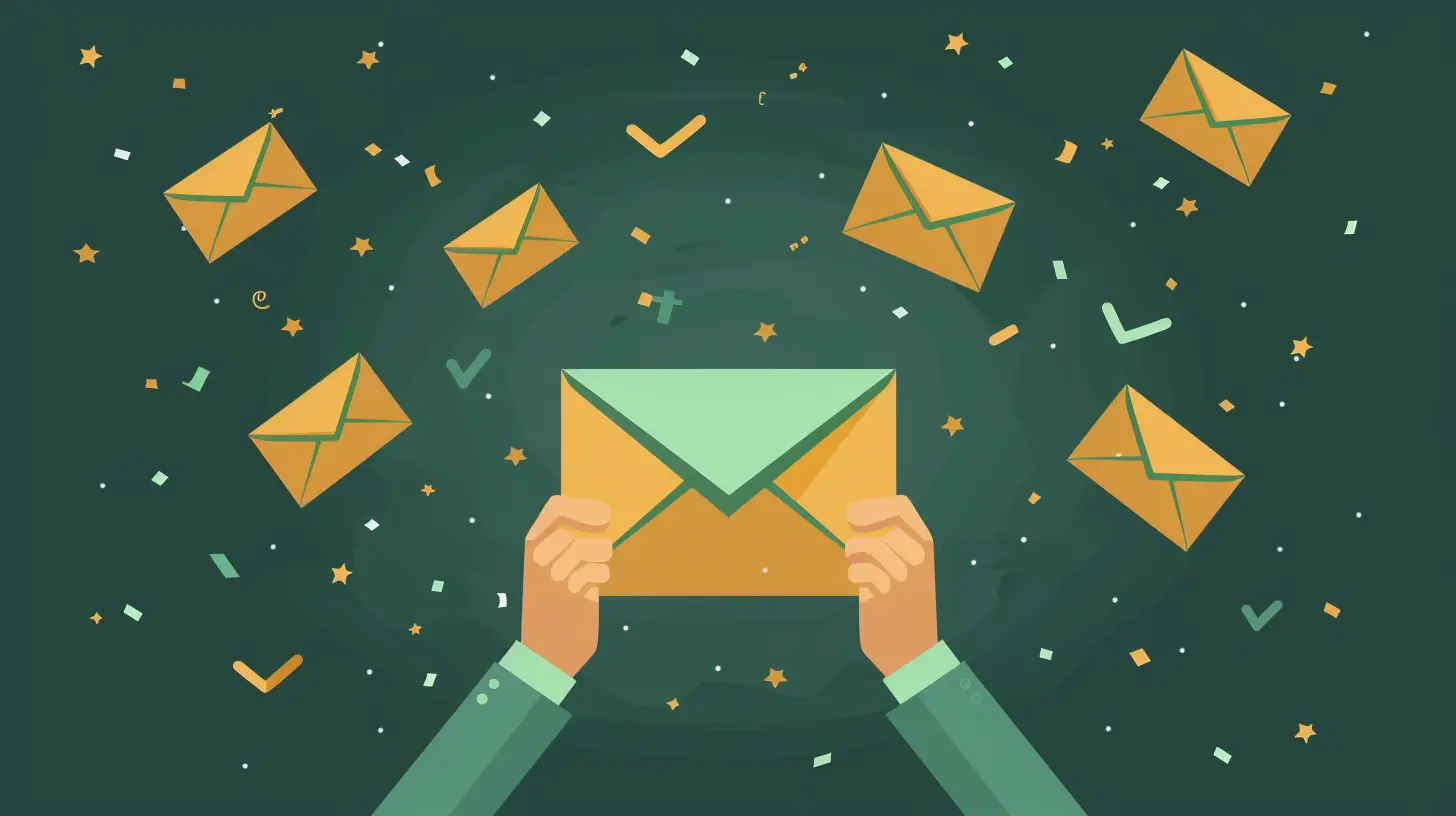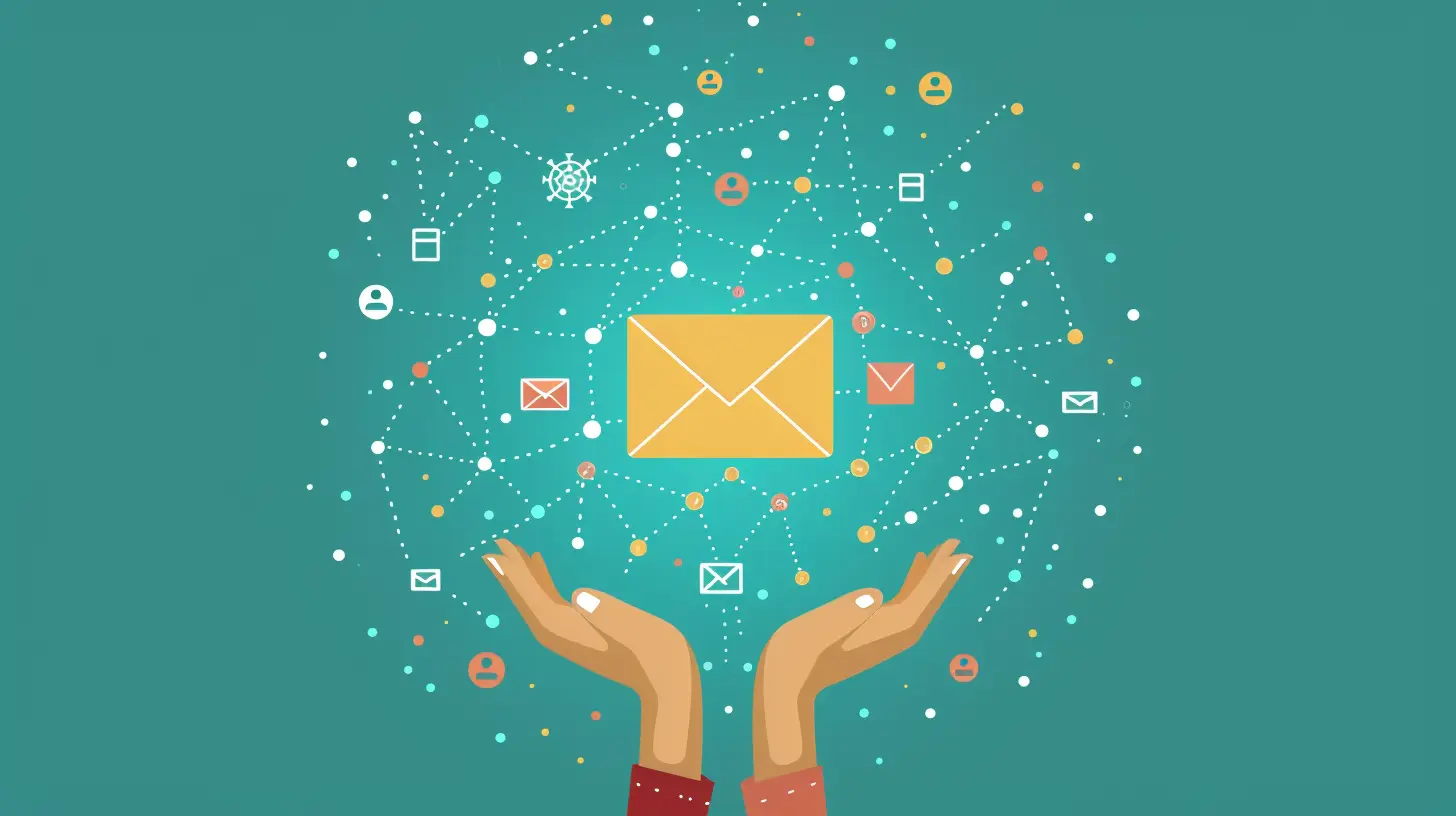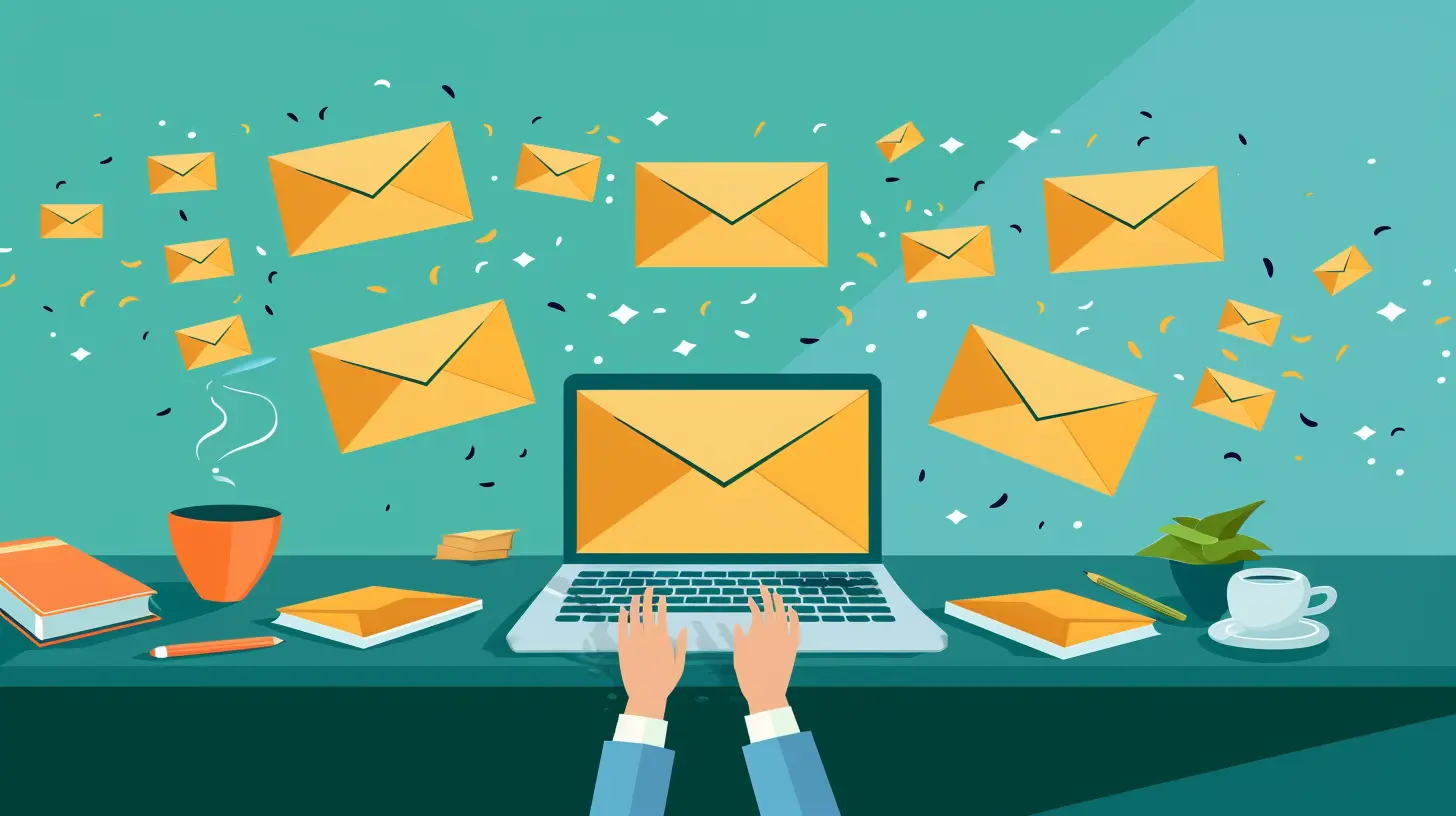Effective Use of Email Drip Campaigns in Customer Nurturing
29 September 2025
Email marketing has been around for a while, but let’s be real—it’s not going anywhere. In fact, it remains one of the most powerful tools for engaging potential customers and keeping existing ones interested. That’s where email drip campaigns come in.
If you’re not using drip campaigns yet, you’re leaving money on the table. These automated sequences help nurture leads, build relationships, and ultimately convert prospects into paying customers. But to do it right, you need a solid strategy.
In this guide, we’ll break down how to effectively use email drip campaigns to nurture customers, strengthen brand loyalty, and boost conversions. 
What is an Email Drip Campaign?
An email drip campaign is a series of automated emails sent over time based on specific triggers or user actions. Think of it as a slow-drip coffee maker—delivering just the right amount of content at the right time to warm up your leads and keep them engaged.Instead of bombarding your audience with a single overwhelming email, drip campaigns allow you to gradually build trust and provide value over time.
How Do They Work?
Drip emails are usually triggered by:- User behavior (e.g., signing up for a newsletter, abandoning a cart, or downloading an eBook)
- A specific timeline (e.g., sending welcome emails over several days)
- Lead nurturing sequences tailored to different stages of the customer journey
Once the campaign starts, emails are sent automatically without manual intervention—saving you time while ensuring consistency. 
Why Are Email Drip Campaigns So Effective?
Drip campaigns work because they keep your brand top-of-mind without overwhelming your audience. They also personalize the user experience, making it more relevant and engaging. Here’s why they outperform traditional emails:1. They Increase Engagement
People are more likely to open and interact with emails that feel tailored to their needs. Drip campaigns let you send timely and relevant messages, leading to higher open and click-through rates.2. They Nurture Leads Without Being Pushy
Nobody likes aggressive sales emails. Drip campaigns allow you to gradually guide prospects from awareness to decision-making without overwhelming them.3. They Save Time and Effort
Since everything is automated, you only need to set up the sequence once and let it run. That means less manual work and more time to focus on growing your business.4. They Boost Conversions
By delivering the right content at the right time, drip campaigns move leads through the sales funnel more efficiently, increasing the chances of conversion.
Key Elements of an Effective Email Drip Campaign
Not all drip campaigns are created equal. To maximize their impact, you need to pay attention to the details. Here’s a breakdown of what makes a successful drip campaign:1. A Clear Goal
Every drip campaign should have a specific purpose. Are you trying to:- Convert free trial users into paying customers?
- Re-engage inactive subscribers?
- Warm up new leads?
Knowing your goal helps you craft the right message.
2. Well-Defined Audience Segments
A one-size-fits-all approach won’t cut it. Segment your email list based on user behavior, demographics, or buying history. For example:- New subscribers might receive a welcome series
- Abandoned cart users should get a nudge to complete their purchase
- Loyal customers may receive VIP offers or exclusive content
3. Compelling Subject Lines
First impressions matter. If your subject line isn’t intriguing, your email won’t even get opened.- Keep it short and punchy
- Use curiosity or urgency
- Personalize when possible (e.g., "Hey [Name], You Left Something Behind!")
4. Valuable Content in Every Email
Nobody likes spammy, sales-heavy emails. Focus on providing value rather than just pushing products.- Educate (share useful tips, tutorials, or industry insights)
- Entertain (tell a relatable story or use humor)
- Engage (ask questions or encourage replies)
5. A Strong Call to Action (CTA)
Each email should guide the reader toward a specific action. Whether it’s reading a blog post, signing up for a webinar, or making a purchase, make it clear and compelling.6. Proper Timing and Spacing
You don’t want to overwhelm your audience, but you also don’t want them to forget about you.- Welcome emails should be sent immediately after sign-up
- Follow-ups should space out naturally (1-3 days apart)
- Re-engagement emails should be sent after a longer period of inactivity
Consistency is key, but don’t overdo it—nobody likes daily spam. 
Types of Email Drip Campaigns You Should Use
Different goals call for different types of drip campaigns. Here are some must-have sequences for your business:1. Welcome Series
Let’s face it—first impressions matter. A welcome email series introduces new subscribers to your brand and sets the tone for future interactions.Example Flow:
1. Immediate welcome email with a warm greeting and quick brand intro
2. Follow-up email with an exclusive offer or free resource
3. Final reminder email with a gentle nudge to take action
2. Lead Nurturing Sequence
This is where you educate your leads and provide value before making a sales pitch.Example Flow:
1. Send an educational email related to their interest
2. Follow up with a case study or testimonial
3. Offer a free trial or product demo
3. Cart Abandonment Emails
Did you know 70% of online shoppers abandon their carts? A well-timed email can bring them back.Example Flow:
1. A reminder email with a picture of the abandoned product
2. Second email with a limited-time discount
3. Final email creating urgency ("Only a few left in stock!")
4. Re-Engagement Campaigns
When subscribers go cold, a re-engagement campaign can bring them back to life.Example Flow:
1. A friendly "We miss you!" email
2. An email with a special incentive
3. Final "last chance" email before removing them from the list
Best Practices to Maximize Results
To get the most out of your drip campaigns, follow these best practices:✅ Personalize as Much as Possible – Use the recipient’s name and tailor content based on their behavior.
✅ A/B Test Your Emails – Experiment with different subject lines, formats, and CTAs to find what works best.
✅ Keep It Mobile-Friendly – Most emails are read on phones, so make sure they look good on any device.
✅ Monitor and Optimize – Keep an eye on open rates, click-through rates, and conversions. Adjust your strategy as needed.
Final Thoughts
Email drip campaigns are a game-changer when it comes to nurturing customer relationships and increasing conversions. They allow you to engage your audience without being pushy, provide value on autopilot, and gently guide leads toward making a purchase.Ready to step up your email marketing game? Start crafting personalized drip campaigns today and watch your engagement—and revenue—soar!
all images in this post were generated using AI tools
Category:
Email MarketingAuthor:

Rosa Gilbert
Discussion
rate this article
1 comments
Madalyn Bass
Great insights! Email drip campaigns can truly enhance customer relationships!
October 1, 2025 at 3:23 AM

Rosa Gilbert
Thank you! I'm glad you found the insights valuable. Email drip campaigns are indeed powerful tools for nurturing customer relationships!


